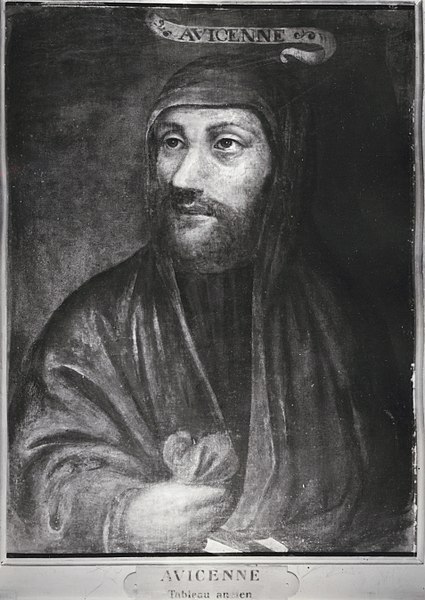A false dilemma, also referred to as false dichotomy or false binary, is an informal fallacy based on a premise that erroneously limits what options are available. The source of the fallacy lies not in an invalid form of inference but in a false premise. This premise has the form of a disjunctive claim: it asserts that one among a number of alternatives must be true. This disjunction is problematic because it oversimplifies the choice by excluding viable alternatives, presenting the viewer with only two absolute choices when, in fact, there could be many.
Young America's dilemma: Shall I be wise and great, or rich and powerful? (poster from 1901)
Logic is the study of correct reasoning. It includes both formal and informal logic. Formal logic is the study of deductively valid inferences or logical truths. It examines how conclusions follow from premises due to the structure of arguments alone, independent of their topic and content. Informal logic is associated with informal fallacies, critical thinking, and argumentation theory. It examines arguments expressed in natural language while formal logic uses formal language. When used as a countable noun, the term "a logic" refers to a logical formal system that articulates a proof system. Logic plays a central role in many fields, such as philosophy, mathematics, computer science, and linguistics.
Young America's dilemma: Shall I be wise and great, or rich and powerful? (poster from 1901) This is an example of a false dilemma: an informal fallacy using a disjunctive premise that excludes viable alternatives.
Bertrand Russell made various contributions to mathematical logic.
Image: Aristotle Altemps Inv 8575
Image: Avicenne Avicenna Ibn Sina (980 1037) CIPB2067




